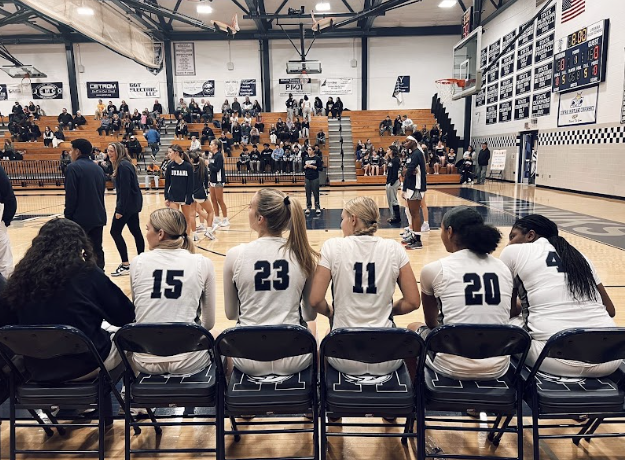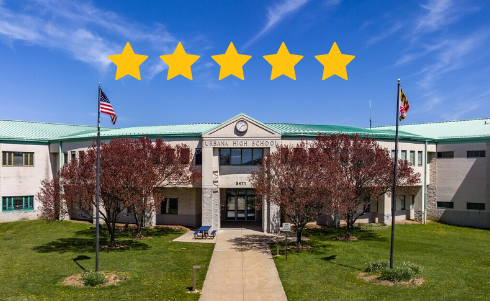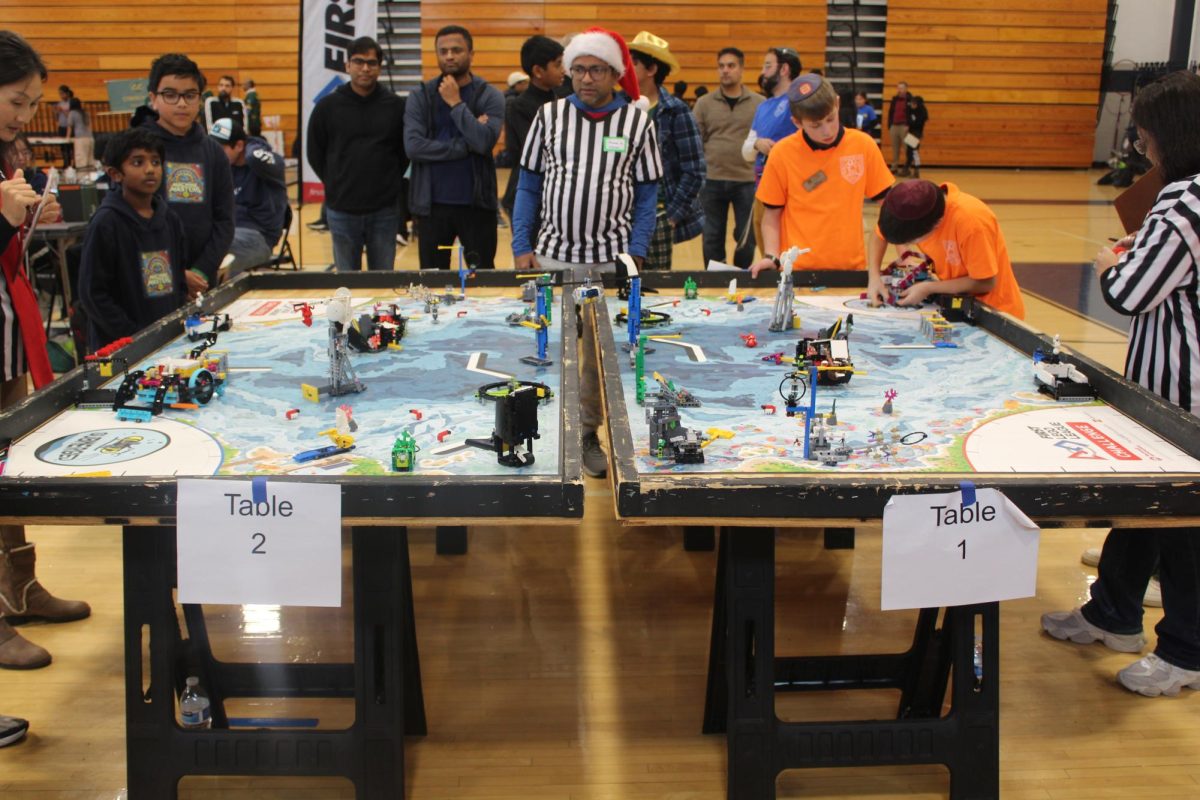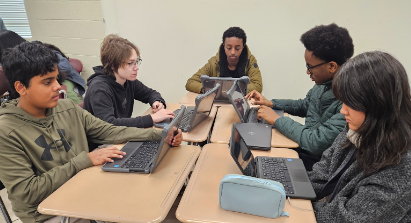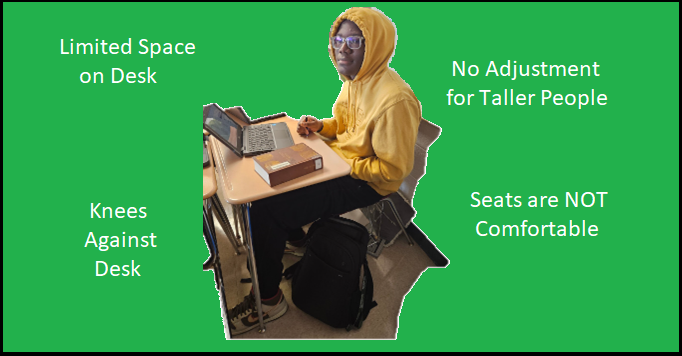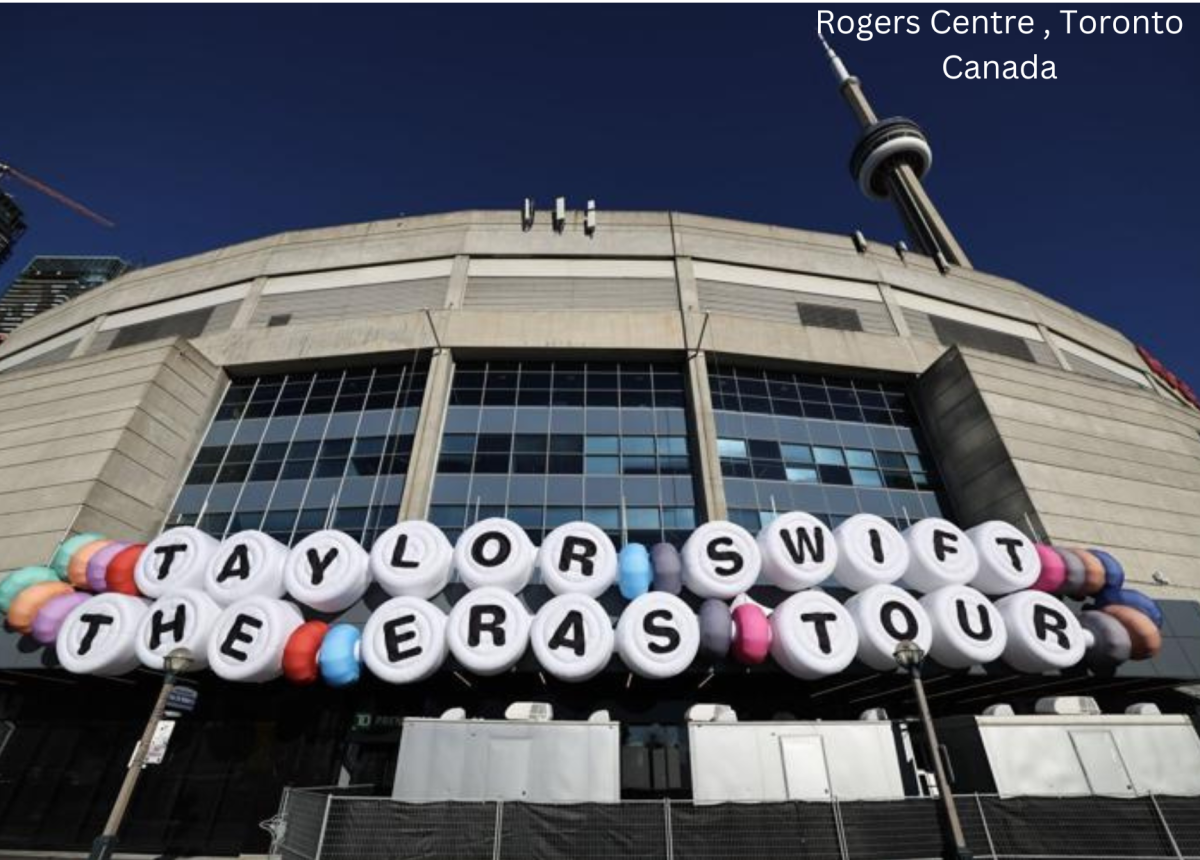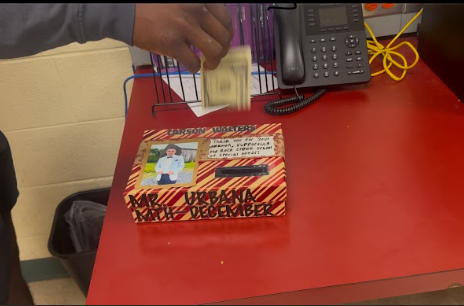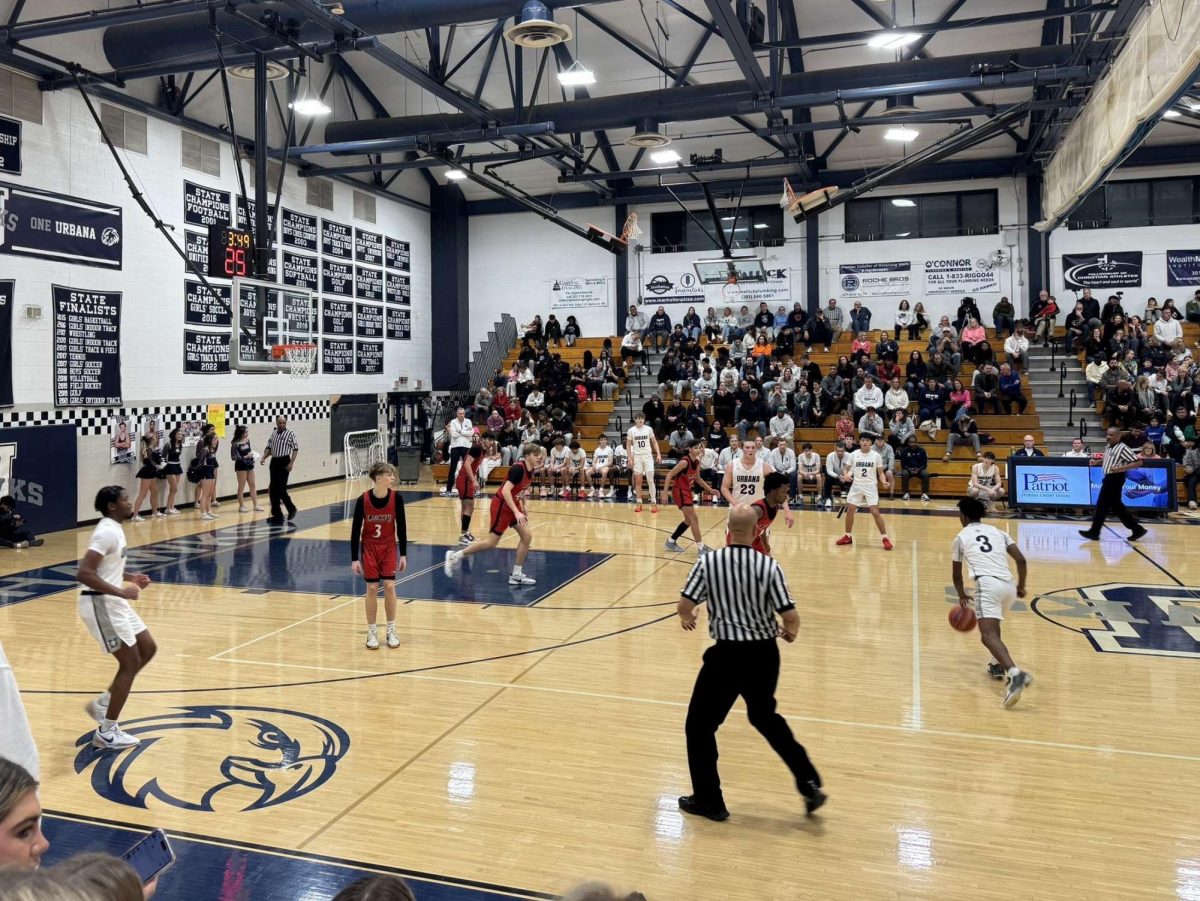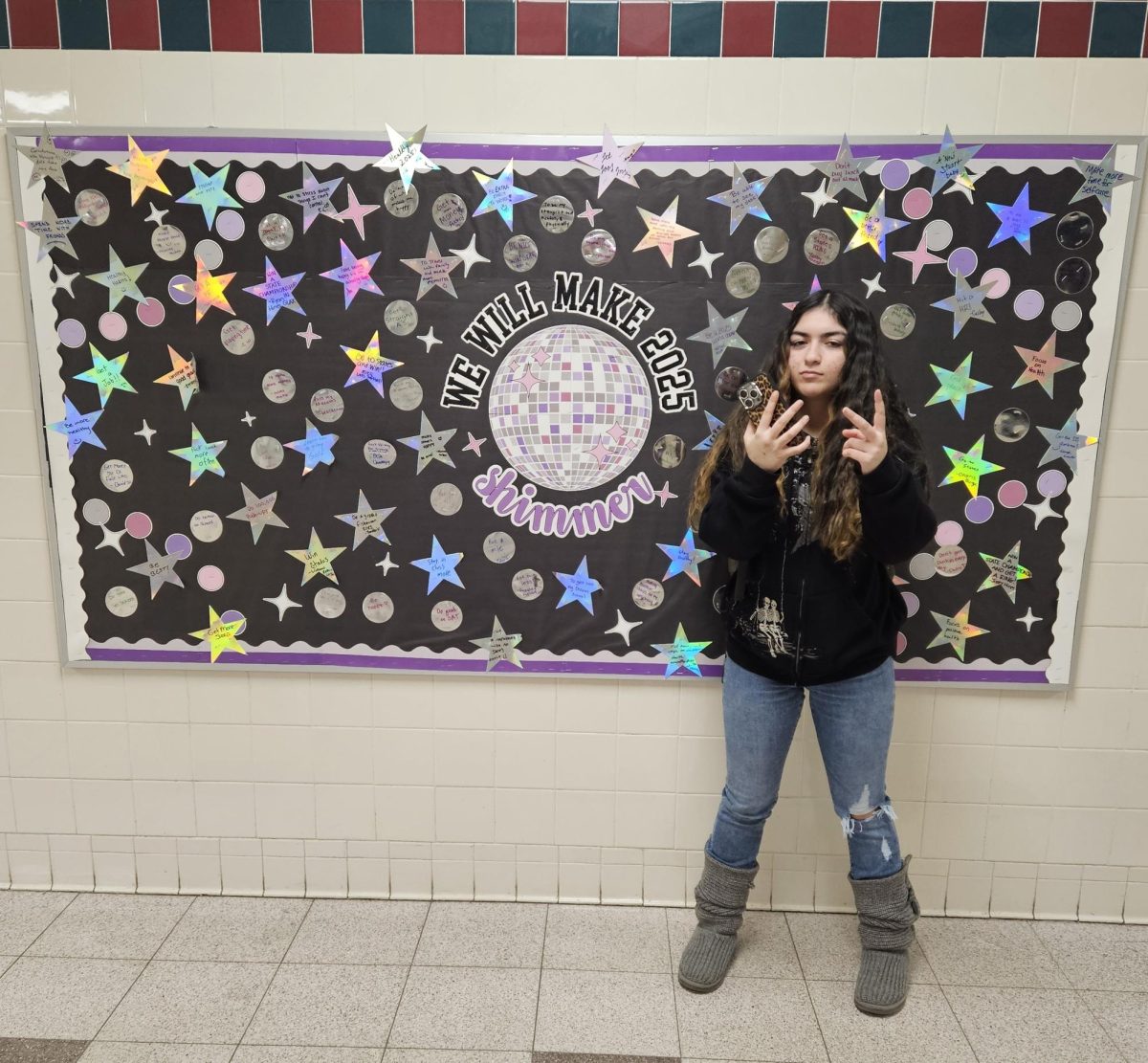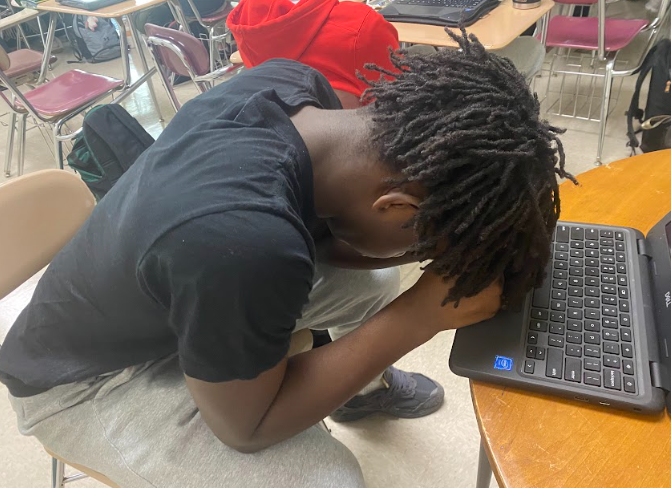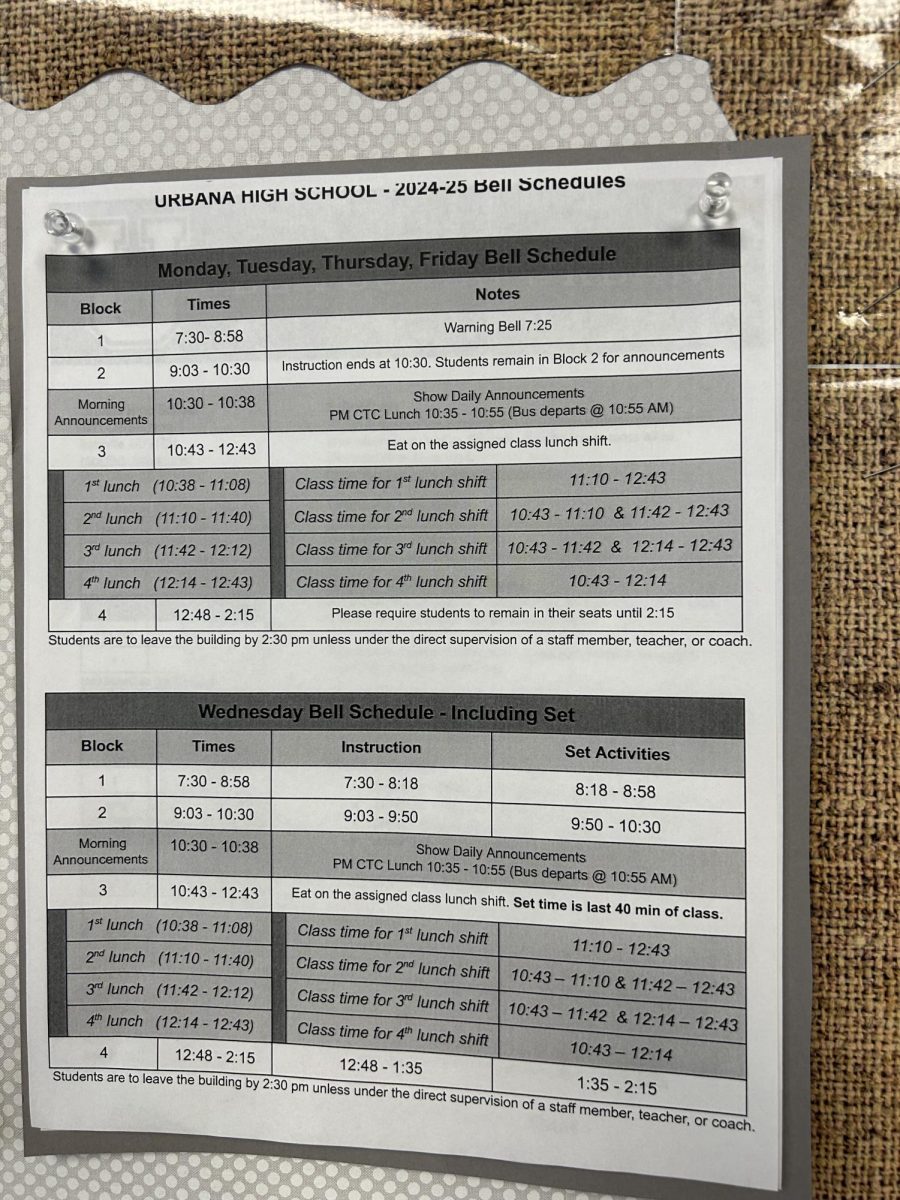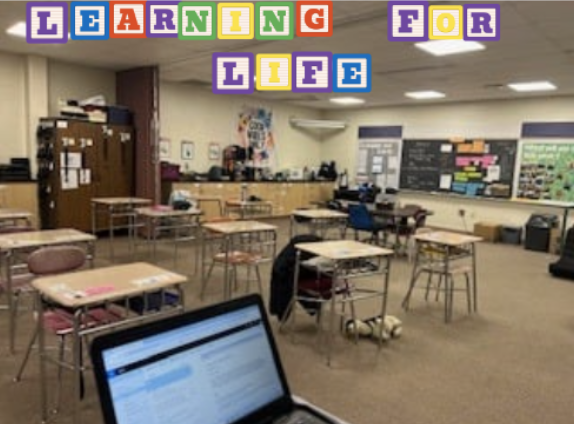Second Term for Students, Midterms for America
All students interviewed have been made anonymous per request.
November 20, 2018
On Nov. 6, 2018, the United States underwent what politicians referred to as the most important election in American history. The Democratic party gained a majority in the United States House of Representatives for the first time since 2011, while the Republican Party maintained their majority in the United States Senate.
Despite this apparent balance, the country seems to be more divided than ever on many issues, and some predict gridlock in the legislative process. “The midterms didn’t really solve anything”, a student described told us. “You can blame it currently on Republicans or whoever you like, and once a different party takes over, they will do the same thing even if they advocated against it.” Several students expressed apathy towards the election, as one student attested to because it “didn’t really affect [his] life directly.”. Others, however, were more optimistic. “It’s nice that Democrats have the House now,” another student remarked. “It’s less frightening than a full Republican grasp on legislation, but…there [will] probably [be] lots of controversy–again.”
Though most left-leaning Americans were inclined to perceive the midterms as a sign of sweeping change within the Trump administration, some Democrats lambasted their own party, firmly laying claim to the idea that Democrats heavily under-performed in the election. In fact, one interviewee even went as far as to comment that “[the Democrats] messed up the Senate, and it was not as dramatic as Nancy Pelosi talked it up to potentially be. I’m seeing headlines that say the recounts could end up largening the blue wave, but as a liberal I’m disappointed.”
Conservatives were singing a slightly different tune. As one student explained, “even though I haven’t been following today’s politics too closely, it sucks. But, it only makes sense that Congress would keep flipping through the years.” Some other conservatives acknowledged the left-wing push, with one other student claiming that “the liberal effort won’t be strong enough to put a dent in Republican lawmaking.”
Several other students felt inclined to feelings of fell more on the ends of either centrism or apathy. “This hardly matters,” an impartial sophomore described, “the Trump administration will most likely ride its course out regardless of what the Democrats have tried. Overall, I really don’t think one side is that much better than the other right now.” On a similar wavelength, a chunk of students are simply tepid to the subject as a whole, with one student agreeably summarizing this opinion as “it really doesn’t make a difference to me who controls Congress before I can vote, so I can’t say that I care too much about these results.”
The election was especially important to Maryland as the owner of Governor’s Mansion in Annapolis was decided. Local conservative citizens scored a major victory as Republican incumbent Larry Hogan comfortably won a second term in office with over 56% of the vote. This is not without good reason, considering that he has gained the trust of a considerable amount of Marylanders, even within the current student body. “[Hogan] has created jobs and lowered taxes for families in Maryland,” a student affirmed.
Many political pundits described the midterms as a “referendum on Trump”, as he has wrangled with the Democrats challenging his own party. The end result affirmed just that: the country’s mixed messages are a clear sign of discord between the two parties, and only preface what will likely be a chaotic presidential election in 2020.




